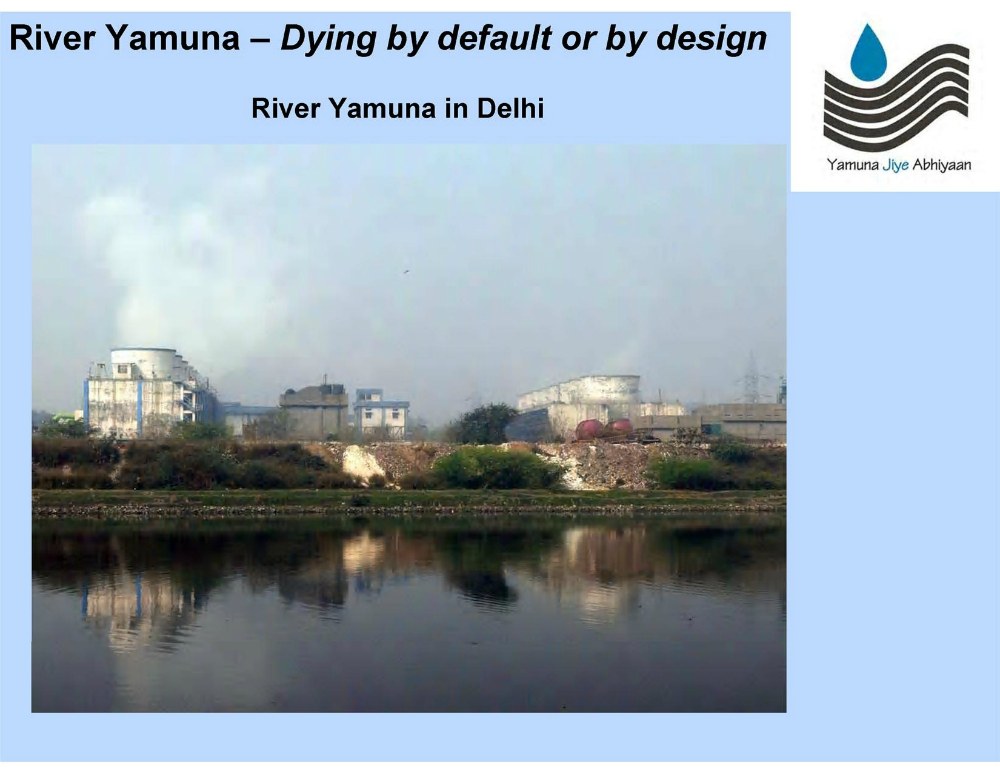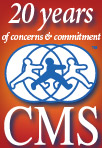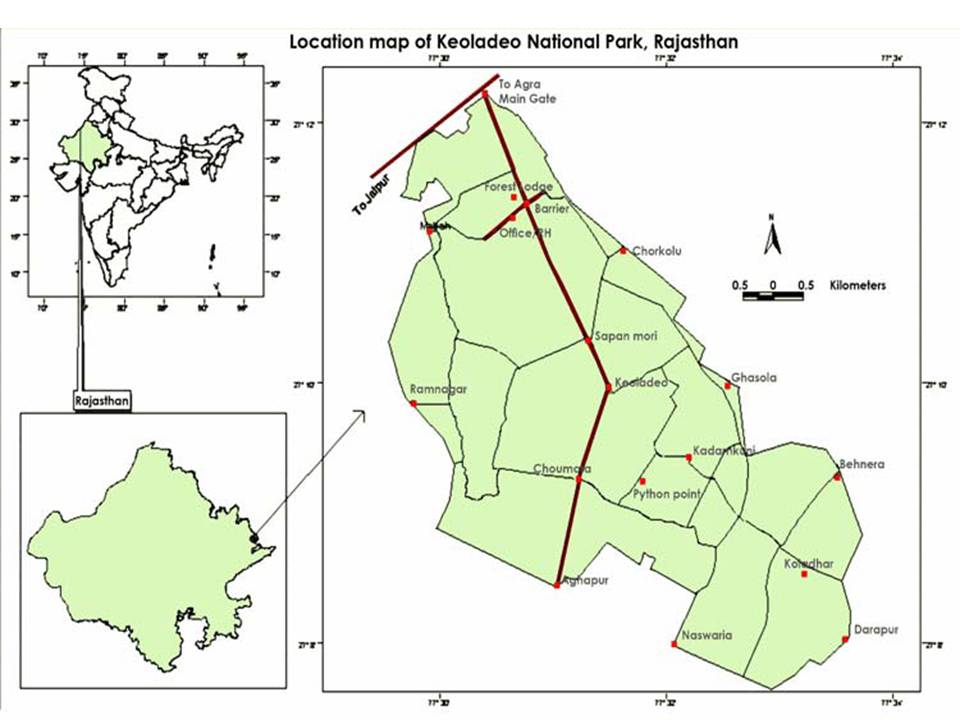/topics/governance
Governance
River Yamuna - Dying by default or by design: A public lecture on river Yamuna
Posted on 14 Jan, 2012 05:24 PMIt aims to inform, enlighten and suggest solutions to bring back the river Yamuna to a healthy and resilient state.

India, Pakistan and water - Lecture by Ramaswamy Iyer at MIDS
Posted on 12 Jan, 2012 10:57 PMIt traces the roots of the conflicts to the strained relations between India and Pakistan following the partition and the framing of the Indus Water Treaty in 1960.
CMS India invites applications for Senior Research Executive / Research Executive, Delhi - Apply by January 15, 2012
Posted on 12 Jan, 2012 09:34 AMContent courtesy: DevNetJobsIndia

CMS is a not for profit multi- disciplinary, development research and facilitative think-tank. We endeavor to work towards equity, social development and transparency in governance through research, advocacy and capacity building.
Wetlands for water quality management – The science and technology: A paper from Current Issues in Water Management
Posted on 10 Jan, 2012 10:24 PMThe introduction begins witha brief overview of wetlands: their nature and services offered. These wetlands are ecosystems with water that is static or flowing and characerized by emergent , floating and submerged aquatic vegetation. Some of the services provided by wetlands are fish and fiber, water supply, water purification, flood regulation, recreational opportunities and tourism. It then details the importance of wetlands for water purification.Toxins enter the wetlands through farms, factories and runoff. These toxins are broken down or otherwise buried using a variety of bacteria.

Location map of Keoladeo National Park
Shades of blue: A symposium on emerging conflicts and challenges around water - Seminar magazine
Posted on 10 Jan, 2012 07:53 PM(as posed by Sunjoy Joshi, Director and Distinguished Fellow, Observer Research Foundation, Delhi)
Democratisation of water management - The experience of Tamil Nadu with governance reforms
Posted on 09 Jan, 2012 12:18 PMNor is the introduction of the private sector and the reduction in the role of the government going to help. Rather, the time has come to introduce changes at the basic or the fundamental level in the way in which the water sector functions.
There is an urgent need to bring about reforms in governance by moving towards decentralisation and democratisation, leading to involvement of people from all the sections of the society, who know and understand that they are responsible for the system and its functioning, as well as by introducing principles of equity and social justice. The papers demonstrate the successful implementation of this approach by describing the experience of Tamil Nadu at democratising water management through introduction of reforms at the level of governance, through involvement of the Tamil Nadu Water Supply and Drainage Board (TWAD).
IWMI-Tata Policy Research Program invites applications for ITP Annual Partners' Meet 2012 - Apply by January 15, 2012
Posted on 09 Jan, 2012 07:21 AM
IWMI-TATA Water Policy Research Program is a collaborative initiative between a research institution and a corporate body, the International Water Management Institute (IWMI) and the Sir Ratan TATA Trust (SRTT). This partnership emerged from a shared concern regarding the growing water stress in different parts of India.
Koodam – Breaking hierarchy, building democracy - Paper published in Integral Leadership Review
Posted on 08 Jan, 2012 03:59 PMThe paper published in the Integral Leadership Review argues that hierarchy and bureaucracy are two of the most common features of governance systems that play a determining role in shaping the organisational culture, systemic re
Environment Statistics – A compendium by the Ministry of Statistics and Programme Implementation (2011)
Posted on 07 Jan, 2012 04:25 PMIt broadly covers five core parameters, viz., biodiversity, atmosphere, land/soil, water and human settlements suggested by the Framework for Development of Environment Statistics (FDES) published by United Nations Statistics Division (UNSD) in 1984.
A survey of point of use household water treatment options for rural south India: A report detailing resources available
Posted on 07 Jan, 2012 10:59 AMPoint of use household water treatment is the process of treating water at the household level to improve its microbiological purity. In cases where treated municipal water is not available, or is subject to recontamination due to a faulty distribution system, household water treatment is essential and allows families control over their drinking water.





